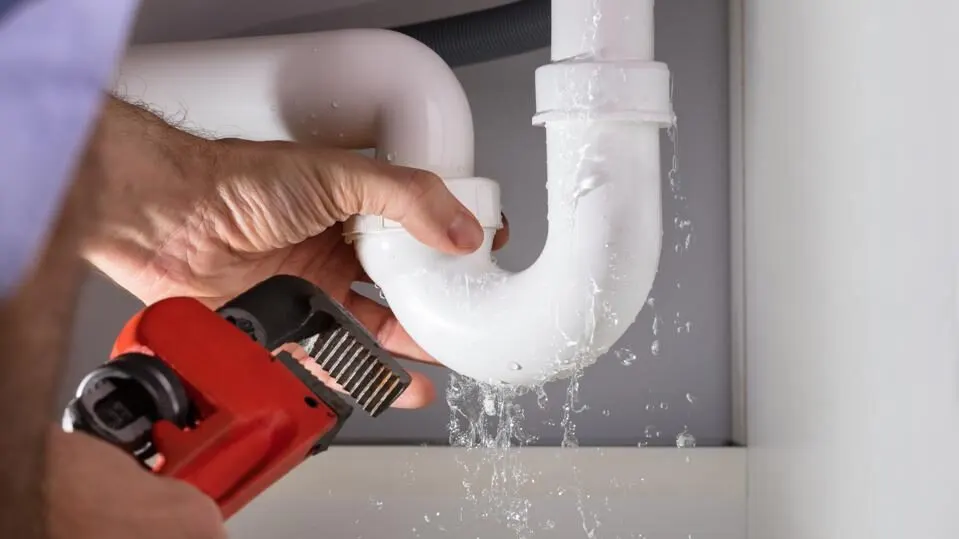
Preventing sewer backup problems start with maintaining your drain lines properly. Drain line clogs can lead to serious issues, including unpleasant odors, slow drains, and even water damage. By following a few simple tips, you can keep your sewer system functioning smoothly and avoid costly repairs.
Let us delve into some of the best tips to prevent sewer backup problems.
Avoid flushing non-flushable items
One of the most common causes of drain line clogs is flushing items that should not be flushed. Only human waste and toilet paper should go down the toilet. Avoid flushing items like wet wipes, sanitary products, paper towels, and diapers. These items do not break down easily and can cause significant blockages in your sewer line.
Dispose of grease properly
Grease and oil are major culprits in causing drain line clogs. When poured down the drain, grease can solidify and build up inside the pipes, leading to blockages. Instead of disposing of grease in the sink, let it cool and then throw it in the trash. You can also pour it into a container for disposal. Proper grease disposal prevents clogs and keeps your drains clear.
Use drain screens
Drain screens are simple yet effective tools for preventing clogs. Place screens over drains in your sinks, showers, and tubs to catch hair, food particles, and other debris. These screens prevent larger particles from entering the drain and causing blockages. Regularly clean the screens to ensure they remain effective.
Schedule regular maintenance
Regular maintenance by a professional plumber can help prevent sewer backups. A plumber can inspect your drain lines and identify any potential issues before they become serious problems. Consider scheduling annual or bi-annual maintenance checks to keep your plumbing system in good condition. Regular maintenance can catch minor issues early and prevent costly repairs down the line.
Be cautious with chemical drain cleaners
While chemical drain cleaners can provide a quick fix for clogs, they can also damage your pipes over time. These cleaners can corrode pipes and lead to more significant issues. Instead, use natural methods like a mixture of baking soda and vinegar to clear minor clogs. For stubborn blockages, it’s best to call a professional plumber.
To conclude
Preventing sewer backup problems and drain line clogs is essential for maintaining a healthy plumbing system. These simple tips can help you avoid costly repairs and ensure your plumbing system remains in good condition for years to come.






